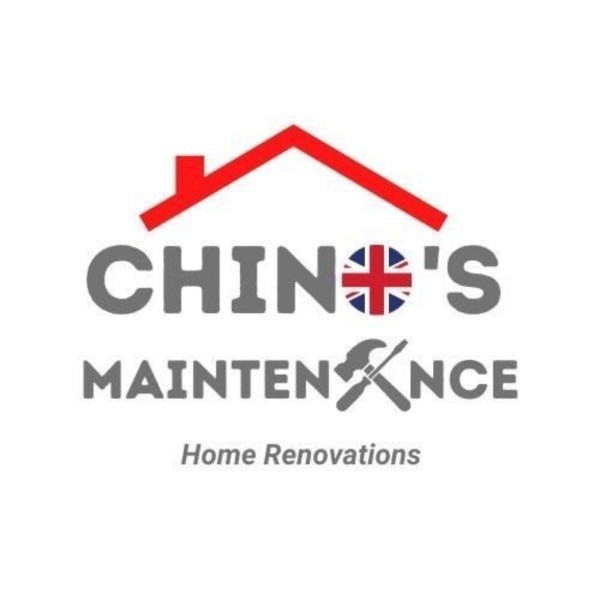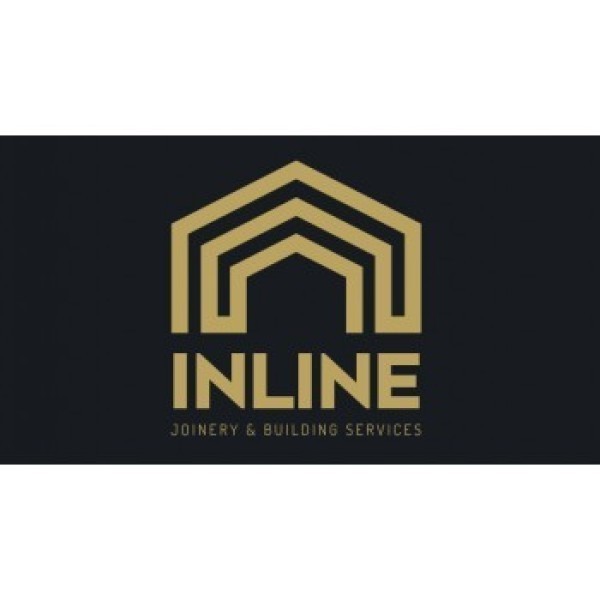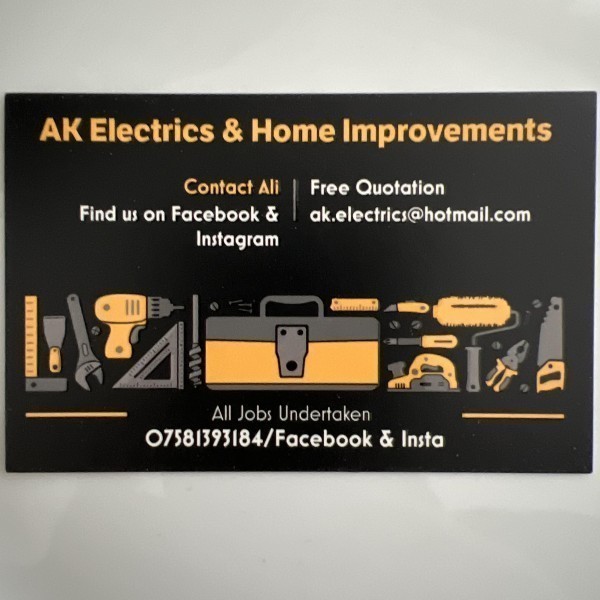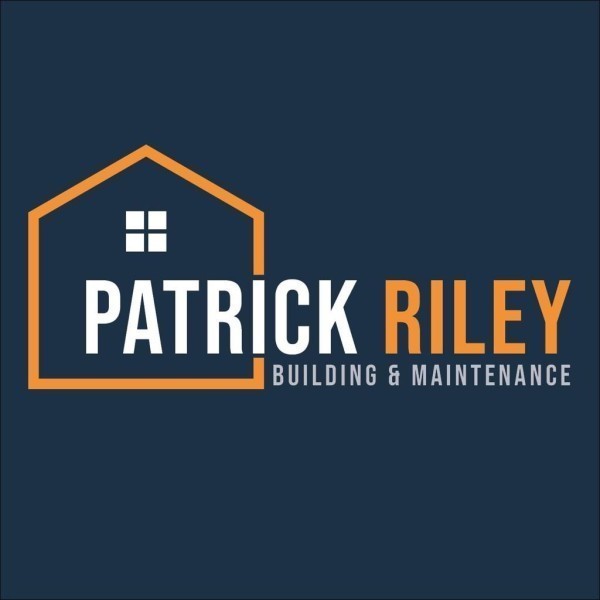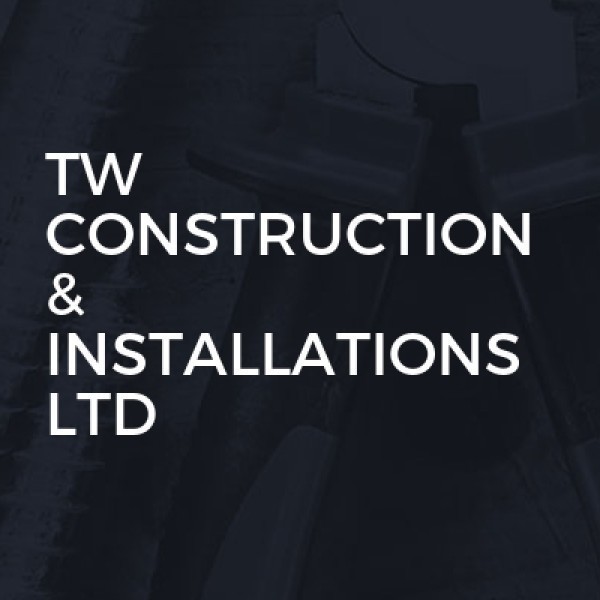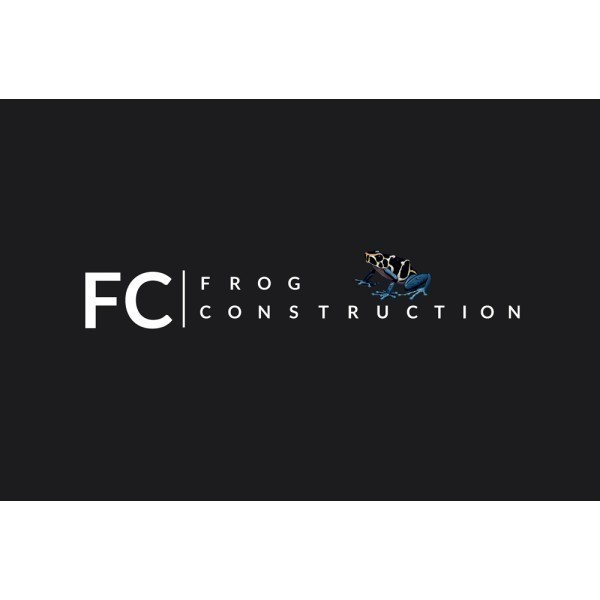Loft Conversions in Buckley
Filter your search
Post your job FREE and let trades come to you
Save time by filling out our simple job post form today and your job will be sent to trades in your area so you can sit back, relax and wait for available trades to contact you.
Post your job FREESearch Loft Conversions in places nearby
- Loft Conversions in Abram
- Loft Conversions in Altrincham
- Loft Conversions in Ashton-in-Makerfield
- Loft Conversions in Ashton-Under-Lyne
- Loft Conversions in Atherton
- Loft Conversions in Bolton
- Loft Conversions in Bramhall
- Loft Conversions in Bury
- Loft Conversions in Chadderton
- Loft Conversions in Cheadle
- Loft Conversions in Cheadle Hulme
- Loft Conversions in Denton
- Loft Conversions in Droylsden
- Loft Conversions in Dukinfield
- Loft Conversions in Eccles
- Loft Conversions in Failsworth
- Loft Conversions in Farnworth
- Loft Conversions in Gatley
- Loft Conversions in Golborne
- Loft Conversions in Hale
- Loft Conversions in Hazel Grove
- Loft Conversions in Heywood
- Loft Conversions in Hindley
- Loft Conversions in Horwich
- Loft Conversions in Hyde
- Loft Conversions in Ince in Makerfield
- Loft Conversions in Irlam
- Loft Conversions in Kearsley
- Loft Conversions in Leigh
- Loft Conversions in Littleborough
- Loft Conversions in Little Lever
- Loft Conversions in Manchester
- Loft Conversions in Marple
- Loft Conversions in Middleton
- Loft Conversions in Milnrow
- Loft Conversions in Mossley
- Loft Conversions in Oldham
- Loft Conversions in Pendlebury
- Loft Conversions in Prestwich
- Loft Conversions in Radcliffe
- Loft Conversions in Ramsbottom
- Loft Conversions in Rochdale
- Loft Conversions in Romiley
- Loft Conversions in Royton
- Loft Conversions in Sale
- Loft Conversions in Salford
- Loft Conversions in Shaw
- Loft Conversions in Stalybridge
- Loft Conversions in Standish
- Loft Conversions in Stockport
- Loft Conversions in Stretford
- Loft Conversions in Swinton
- Loft Conversions in Tyldesley
- Loft Conversions in Urmston
- Loft Conversions in Walkden
- Loft Conversions in Westhoughton
- Loft Conversions in Whitefield
- Loft Conversions in Wigan
- Loft Conversions in Worsley
Understanding Loft Conversions in Buckley
Loft conversions in Buckley have become increasingly popular as homeowners seek to maximise their living space without the hassle of moving. With the charm of Buckley's architecture and the need for more room, converting a loft offers a practical and stylish solution. This article delves into the intricacies of loft conversions, providing a comprehensive guide for those considering this home improvement project.
The Benefits of Loft Conversions
Loft conversions offer numerous advantages, making them an attractive option for many homeowners. Firstly, they significantly increase the living space in a home, providing an additional bedroom, office, or playroom. This extra space can enhance the functionality of a home, accommodating growing families or providing a quiet retreat for work or relaxation.
Moreover, loft conversions can add substantial value to a property. In Buckley, where property prices are steadily rising, a well-executed loft conversion can offer a high return on investment. It's a cost-effective way to increase the property's market value without the need for an extension or relocation.
Additionally, loft conversions are often more straightforward than other types of home renovations. They typically require less planning permission and can be completed more quickly, minimising disruption to daily life. This makes them an appealing option for those looking to enhance their home efficiently.
Types of Loft Conversions
There are several types of loft conversions, each with its own set of benefits and considerations. The most common types include:
- Dormer Loft Conversion: This is the most popular type, involving an extension to the existing roof to create additional floor space and headroom. Dormer conversions are versatile and can be adapted to various property styles.
- Mansard Loft Conversion: Typically found in urban areas, this conversion involves altering the roof structure to create a flat roof with a back wall sloping inwards. Mansard conversions offer maximum space but require more extensive structural changes.
- Hip to Gable Loft Conversion: Suitable for detached or semi-detached homes with a hipped roof, this conversion extends the roof's ridge line, creating a vertical wall. It provides a significant increase in space and is aesthetically pleasing.
- Velux Loft Conversion: Also known as a roof light conversion, this option involves installing windows into the existing roofline without altering the structure. It's the most cost-effective and least disruptive type of conversion.
Planning Permission and Building Regulations
When considering a loft conversion in Buckley, understanding planning permission and building regulations is crucial. Generally, loft conversions fall under permitted development rights, meaning they don't require planning permission. However, there are exceptions, particularly for properties in conservation areas or those with specific restrictions.
Building regulations, on the other hand, are mandatory for all loft conversions. These regulations ensure the safety and structural integrity of the conversion, covering aspects such as fire safety, insulation, and staircase design. It's essential to work with a qualified architect or builder to ensure compliance with these regulations.
Choosing the Right Professionals
Selecting the right professionals is a critical step in the loft conversion process. It's advisable to hire an architect or a specialist loft conversion company with experience in Buckley. They can provide valuable insights into the design and feasibility of the project, ensuring it meets both your needs and local regulations.
When choosing a builder, it's important to check their credentials and previous work. Reading reviews and asking for references can provide assurance of their reliability and quality of work. A reputable builder will also offer a detailed quote and timeline for the project, helping you plan accordingly.
Design Considerations for Loft Conversions
Designing a loft conversion involves several considerations to ensure the space is functional and aesthetically pleasing. One of the primary factors is the layout, which should maximise the available space while maintaining a comfortable flow. Consideration should also be given to the placement of windows to ensure adequate natural light and ventilation.
Another important aspect is the choice of materials and finishes. Opting for high-quality materials can enhance the durability and appearance of the conversion. Additionally, incorporating energy-efficient features, such as insulation and double-glazed windows, can improve the home's overall energy efficiency.
Cost of Loft Conversions in Buckley
The cost of a loft conversion in Buckley can vary significantly depending on the type of conversion, the size of the space, and the quality of materials used. On average, a basic loft conversion can start from £20,000, while more complex conversions, such as a mansard, can exceed £50,000.
It's important to budget for additional costs, such as planning fees, architectural services, and any unforeseen expenses that may arise during the project. Obtaining multiple quotes from different builders can help ensure you receive a fair price for the work.
Financing Your Loft Conversion
Financing a loft conversion can be achieved through various means. Many homeowners opt for a home improvement loan or remortgage to fund the project. It's essential to explore different financing options and choose one that aligns with your financial situation and long-term goals.
Additionally, some local councils offer grants or incentives for home improvements that enhance energy efficiency. Checking with the Buckley council for any available schemes can provide additional financial support for your loft conversion.
Timeline for Loft Conversions
The timeline for a loft conversion can vary depending on the complexity of the project and the availability of materials and labour. On average, a loft conversion can take between 6 to 12 weeks to complete. This includes the design phase, obtaining necessary approvals, and the construction process.
It's important to factor in potential delays, such as adverse weather conditions or supply chain issues, which can impact the timeline. Maintaining open communication with your builder can help manage expectations and ensure the project stays on track.
Potential Challenges and Solutions
Loft conversions, like any home improvement project, can present challenges. Common issues include structural limitations, planning permission hurdles, and budget constraints. However, with careful planning and the right professionals, these challenges can be effectively managed.
For structural limitations, consulting with an experienced architect can provide innovative solutions to maximise space. If planning permission is required, working with a knowledgeable builder can streamline the application process. To address budget constraints, prioritising essential features and exploring cost-effective materials can help keep the project within budget.
Maximising Space in Your Loft Conversion
Maximising space in a loft conversion involves strategic design and clever storage solutions. Built-in wardrobes and shelving can optimise storage without compromising floor space. Additionally, using multi-functional furniture, such as sofa beds or foldable desks, can enhance the versatility of the space.
Incorporating open-plan designs can also create a sense of spaciousness, making the loft feel larger than it is. Using light colours and mirrors can further enhance this effect, reflecting natural light and creating an airy atmosphere.
Enhancing Energy Efficiency
Energy efficiency is an important consideration for any loft conversion. Proper insulation is crucial to prevent heat loss and reduce energy bills. Installing energy-efficient windows and doors can further enhance the thermal performance of the space.
Additionally, incorporating sustainable materials and renewable energy sources, such as solar panels, can reduce the environmental impact of the conversion. These features not only benefit the environment but can also increase the property's value and appeal to eco-conscious buyers.
Legal Considerations and Insurance
Legal considerations are an essential aspect of loft conversions. Ensuring compliance with building regulations and obtaining any necessary planning permissions is crucial to avoid legal issues. It's advisable to have a written contract with your builder outlining the scope of work, timeline, and payment terms.
Insurance is another important consideration. Informing your home insurance provider of the loft conversion is necessary to ensure your policy covers the new space. Additionally, checking that your builder has adequate insurance coverage can provide peace of mind during the construction process.
Frequently Asked Questions
- Do I need planning permission for a loft conversion in Buckley? Most loft conversions fall under permitted development rights, but it's essential to check with the local council for any specific restrictions.
- How long does a loft conversion take? On average, a loft conversion can take between 6 to 12 weeks, depending on the complexity of the project.
- Can I convert any loft? Not all lofts are suitable for conversion. Factors such as head height, roof structure, and access need to be considered.
- Will a loft conversion add value to my home? Yes, a well-executed loft conversion can significantly increase the value of your property.
- What is the most cost-effective type of loft conversion? A Velux loft conversion is typically the most cost-effective option as it involves minimal structural changes.
- How can I finance my loft conversion? Financing options include home improvement loans, remortgaging, or checking for local council grants or incentives.
Loft conversions in Buckley offer a fantastic opportunity to enhance your home, providing additional space and increasing property value. With careful planning and the right professionals, you can transform your loft into a functional and stylish living area that meets your needs and complements your lifestyle.








